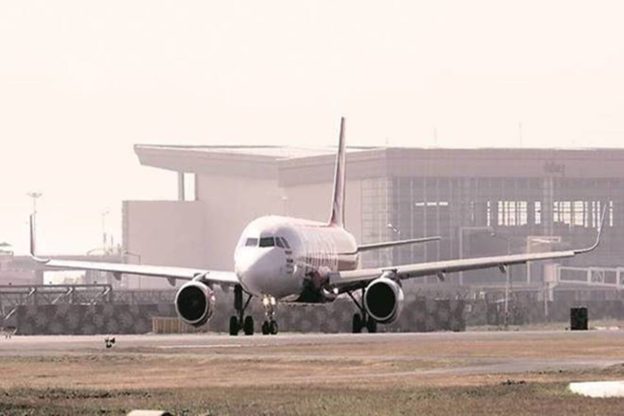Aviation consultancy CAPA said in its outlook for Indian airlines this fiscal that huge and perennial losses have led to a debt trap, resulting in limited means for recapitalisation for most airlines.
Over a year since the outbreak of Covid-19 disrupted the sector, the Indian aviation industry is set to welcome two new players — the second incarnation of Jet Airways and Akasa, backed by Dalal Street ace Rakesh Jhunjhunwala. While both are still finalising detailed plans, their entry underscores the appetite for the Indian airlines segment at a time when existing players are struggling because of muted demand for travel.
Akasa’s entry
An ultra-low-cost carrier (ULCC), Akasa is the brainchild of ace investor Rakesh Jhunjhunwala. With a 40% stake in the company, Jhunjhunwala reportedly plans to launch Akasa by next April. He has already brought on board several industry veterans, including former IndiGo president Aditya Ghosh and former CEO of Jet Airways, Vinay Dube. While Dube is likely to become CEO, Ghosh will be Jhunjhunwala’s nominee on the board. The investor will pump in a reported $35 million, and has plans for a 70-strong fleet in four years. The airline expects the Ministry of Civil Aviation’s no-objection certificate in the next few days.
India’s airline space
With a 54 per cent domestic market share, budget airline IndiGo, operated by InterGlobe Aviation, is the country’s largest airline. State-owned Air India, GoAir, Tata-backed Vistara and AirAsia India, and SpiceJet are the other players in the industry. GoAir, which recently filed its IPO papers, has rebranded itself as GoFirst with plans to overhaul the business model and become a ULCC. The Indian airline space has faced quite an upheaval, largely due to huge losses in 2020-21 (April-March) following the outbreak of Covid-19. The situation has persisted into the new fiscal as the virus’ second wave wreaked havoc.
Aviation consultancy CAPA said in its outlook for Indian airlines this fiscal that huge and perennial losses have led to a debt trap, resulting in limited means for recapitalisation for most airlines. The absence of any direct support from the Centre and the lenders’ refusal to even restructure debt could soon leave lessors with no other option but to apply pressure on defaulting airlines.
Is there room for new players?
Jet Airways’ bankruptcy and closure in 2019, the likely sale of Air India, and the weakness of several existing airlines have sparked fears of a market share consolidation by major players. Additionally, as India’s vaccination drive gains momentum, market experts see a bounceback in the sector. Jhunjhunwala told Bloomberg TV that he was bullish on demand in the sector, adding that some increment players would not recover.
The ULCC model
With the ULCC model, companies focus on lowering operating costs even below typical budget airlines such as SpiceJet and IndiGo. Low-cost airlines usually unbundle certain amenities such as seat selection and in-flight meals that are normally associated with full-service airlines. The ultra-low-cost model unbundles this further such as cabin and checked-in baggage. Low-cost carriers usually operate with significantly lower fares but only somewhat lower cost when compared to a full-service carrier. ULCCs, on the other hand, operate with minimal expense in order to ensure profitability.
Akasa competition
As a ULCC, Akasa is likely to take on IndiGo, which has haemorrhaged through the Covid-19 pandemic. However, IndiGo remains comparatively stronger despite the huge losses. IndiGo CFO Jiten Chopra said during a post-earnings concall last week that the company’s biggest defence in the battle against Covid-19 was its strong balance sheet, adding that it would continue to strengthen itself by reducing cost, enhancing liquidity, and adding capacity.
The aviation consultancy CAPA expects a consolidated $4.1 billion loss for Indian airlines this fiscal, a figure similar to FY2021. Akasa apart, the return of Jet Airways also holds the key, especially due to expectation that the two will aggressively target market share market share in their early days. However, how aggressive they can be on the fares also depends on the Centre removing restrictions on fares that were imposed when the lockdown was first lifted.
https://www.financialexpress.com/infrastructure/airlines-aviation/akasa-rakesh-jhunjhunwala-backed-airline-could-lead-churn-in-indias-aviation-sector/2303466/







